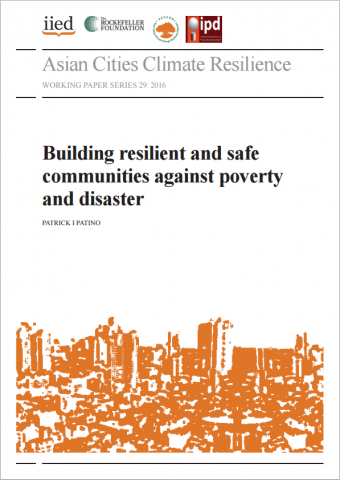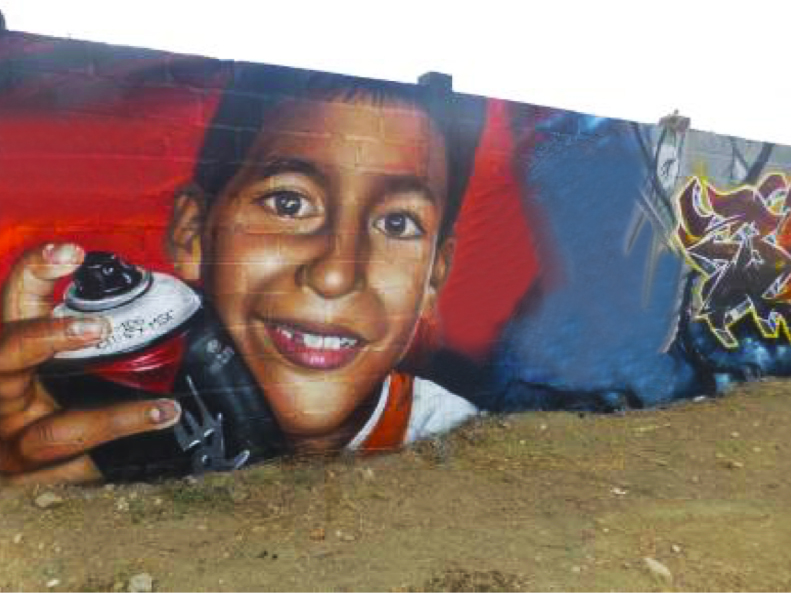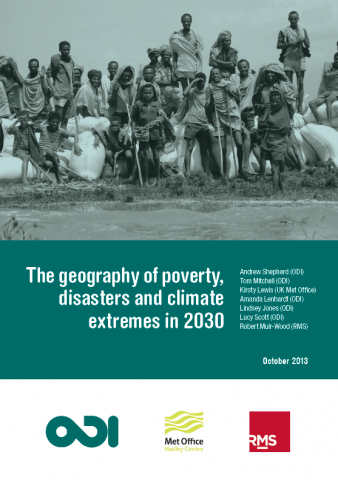Shock Waves: Managing the Impacts of Climate Change on Poverty
This report is published by the World Bank. Ending poverty and addressing climate change are the two defining issues of our time. Both are essential to achieving sustainable global development. But they cannot be considered in isolation. This report brings together these two overarching objectives and explores how they can be more easily achieved if […]
Shock Waves: Managing the Impacts of Climate Change on Poverty Read More »



